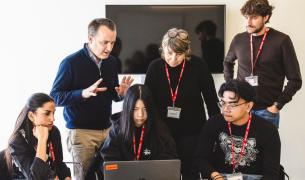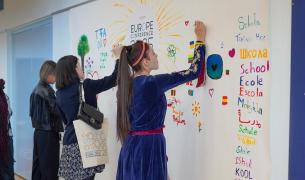Teaching empathy and respect in a world full of conflicts
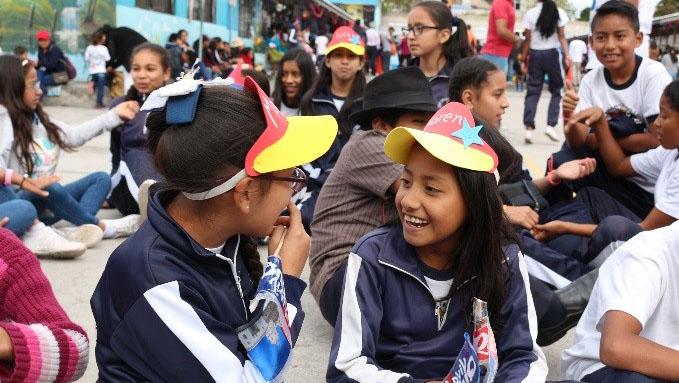
In Venezuela, internal political conflicts have led to a humanitarian crisis that has forced hundreds of thousands of its citizens to flee the country in recent years. According to Brookings, in 2020 the Venezuelan refugee crisis will surpass the scale of the Syrian crisis. Like other migrants across the globe, Venezuelans often face xenophobia and discrimination in the countries where they take shelter. In Ecuador, which receives close to 2,000 Venezuelan migrants every day, Enseña Ecuador is working alongside the Inter-American Development Bank among other organizations to combat xenophobia by creating inclusive classroom environments that foster tolerance, empathy, and respect for everyone, regardless of their country of origin.
The following reflection was written by a group of Enseña Ecuador participants who teach in a school where most of the students are Venezuelan, and are deeply immersed in these efforts:
“Go away, you Venezuelan.” A six-year-old child in Quito is attacked for his country of origin. The news came during our first months as Enseña Ecuador fellows—a reflection of the growing xenophobic sentiment in our country, and the sort of comments that have become routine. Friends and family now point their fingers, seeking to blame “the other” for economic and social distress, and turning a nationality into a synonym for crime and insecurity. For us this news was also a call to action to do our part.
Through an agreement between Enseña Ecuador and the Inter-American Development Bank (IDB), we fellows were placed in schools in the northern part of Quito, to work with children experiencing human mobility—families that escaped the pressing situation in their country, seeking a refuge of sorts, only to find bigotry and discrimination within our borders. Our purpose is to team up with parents, teachers, and students to foster a more nurturing and inclusive society. We believe that classrooms provide us the perfect starting point for such a task, emphasizing learning through human rights. And although we have encountered a certain degree of apathy towards Venezuelans, we do believe there is a great opportunity to change these mindsets—to remember that “all human beings are born free and equal in dignity and rights,” and the place you were born in cannot undermine this fact.
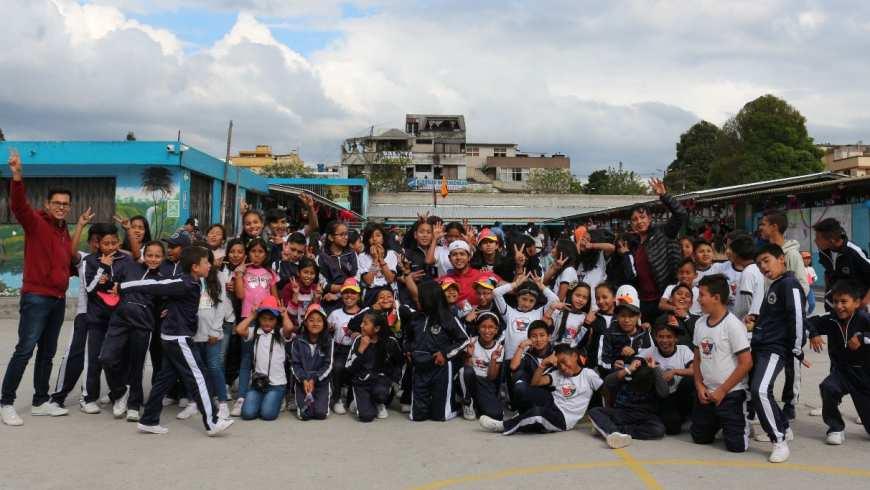
During these first months of our intervention, we have worked to create a safe space for both students and parents. We began with a rather simple yet powerful first step: listening. Every class offers us the opportunity to make our students feel acknowledged: Today, we will learn about the main ideas in a text by describing the events that shaped our story, like when you arrived in Ecuador. Tomorrow, we will describe cities of the world starting with Caracas. Next week, we will discuss how fruits, like bananas and cambur, are actually the same, but with different names. And later, we will learn empowering sentences in English, such as “I can speak my voice.” As distance decreases between students and teachers, we realize that we are, in fact, not so different. Children are smarter than adults and can see beyond the labels and borders we draw between ourselves.
Our project continues outside the classroom as well. We recently offered a workshop for foreign parents on conscious leadership, to help them feel supported and empowered. We talked about our fears and hopes, sharing challenges with people who have gone through similar struggles adapting to a new country. At the end of the session, amid tears and laughs, we felt a collective willingness to build something together, as a group. In the workshops that will follow, we hope to include Ecuadorian parents as well.
This is the beginning stage of our project, and there is still so much work to do. But we are not discouraged. We are motivated by the smiles on our students’ faces that show us they believe in themselves and remember they are important. Valued. We strive to embrace the human experience behind the labels that separate us. For, as our mentor taught us, “Life changes when we know we have the right to dream.”
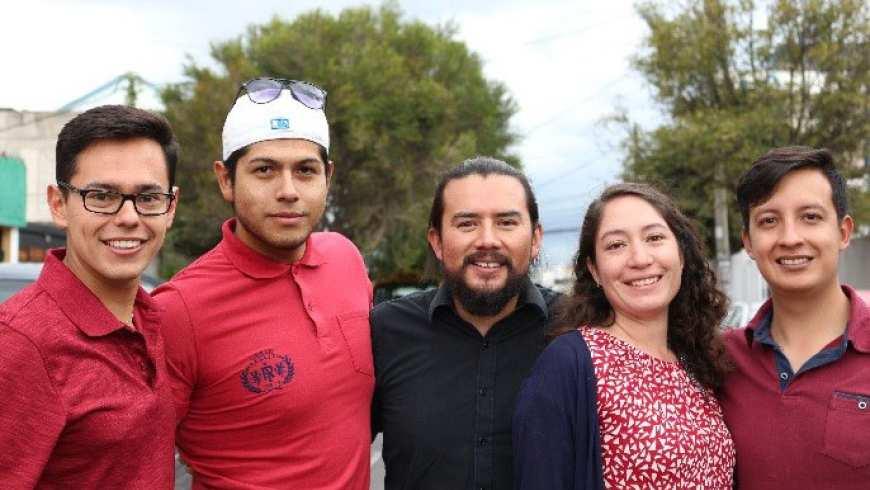
Read the reflections of Enseña Ecuador fellow Erika Andrade who emigrated from Venezuela herself, and brings that experience into her work with her students.
